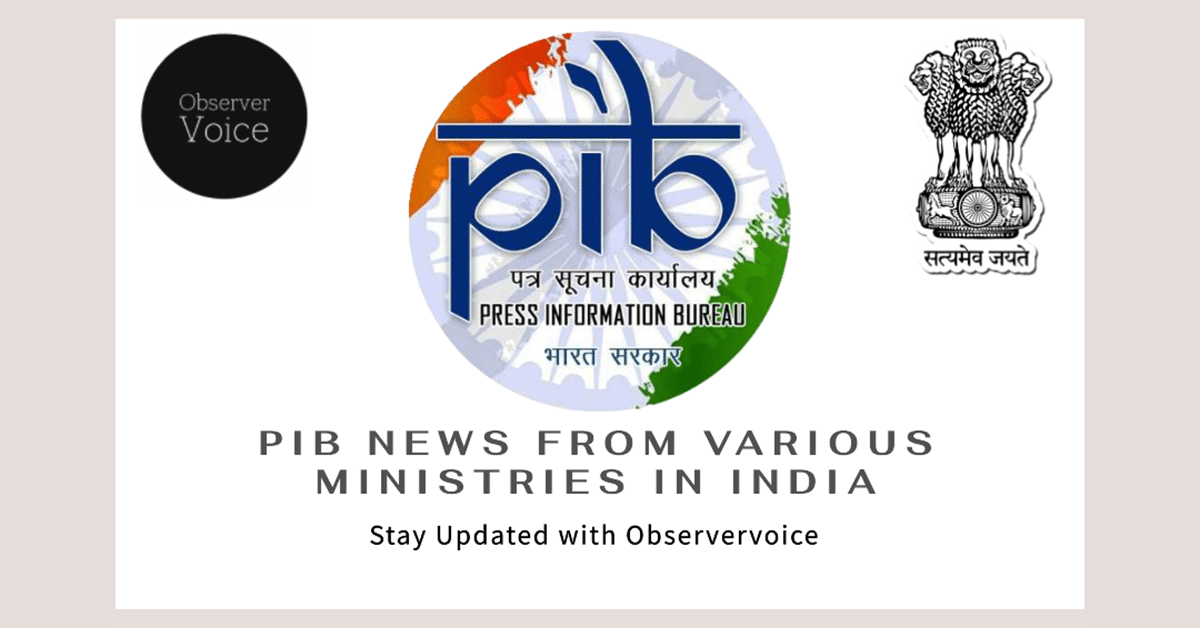Strengthening Consumer Rights in India

The Department of Consumer Affairs in India is dedicated to protecting and empowering consumers. With the rapid changes in globalization, technology, and e-commerce, the government recognized the need for a modernized consumer protection framework. This led to the repeal of the Consumer Protection Act of 1986 and the enactment of the Consumer Protection Act of 2019. This new legislation aims to address the challenges faced by consumers in today’s dynamic marketplace.
The Structure of Consumer Protection
The Consumer Protection Act of 2019 establishes a three-tier quasi-judicial system known as “Consumer Commissions.” These commissions operate at the District, State, and Central levels. Their primary role is to safeguard consumer rights and provide quick resolutions to disputes. This system is designed to handle complaints related to unfair trade practices effectively.
Under this Act, every complaint must be resolved as quickly as possible. The law mandates that complaints should ideally be decided within three months if they do not require testing or analysis of goods. If testing is necessary, the timeframe extends to five months. This emphasis on speed is crucial for ensuring that consumers receive timely justice.
Moreover, the Act restricts the granting of adjournments by the commissions. Adjournments can only be granted for valid reasons, which must be documented. This provision aims to prevent unnecessary delays in the resolution of consumer disputes.
Addressing Unfair Trade Practices
The Consumer Protection Act of 2019 defines “unfair trade practices” broadly. It includes deceptive methods such as misrepresenting product standards, false advertising, and misleading warranties. These provisions are crucial for maintaining accountability and transparency in the marketplace.
Section 2(28) of the Act specifically addresses “misleading advertisements.” It outlines various forms of misleading information, including false descriptions and concealed important details. This section aims to protect consumers from being misled by advertisements that do not accurately represent products or services.
In addition to these measures, the Department of Consumer Affairs has introduced the Consumer Protection (E-commerce) Rules, 2020. These rules outline the responsibilities of e-commerce entities and ensure that consumers have avenues for grievance redressal. This is particularly important in the growing e-commerce sector, where consumers often face unique challenges.
The Role of the Central Consumer Protection Authority
The Central Consumer Protection Authority (CCPA) was established on July 24, 2020, as part of the Consumer Protection Act of 2019. This executive agency plays a vital role in preventing consumer detriment caused by unfair trade practices. The CCPA can intervene in cases of misleading advertisements and initiate class actions for recalls, refunds, and product returns.
Since its inception, the CCPA has issued numerous notices for violations of consumer rights and imposed penalties totaling over ₹1.19 crores. In June 2022, the CCPA released guidelines to prevent misleading advertisements and endorsements. These guidelines set conditions for advertisements to be considered non-misleading and outline the responsibilities of manufacturers and advertisers.
Furthermore, the CCPA has introduced additional guidelines to combat greenwashing and misleading environmental claims. These guidelines, effective from October 15, 2024, require transparency in environmental claims made by companies. The CCPA is also addressing misleading practices in the coaching sector and regulating deceptive “dark patterns” in e-commerce.
Promoting Consumer Awareness
To enhance consumer awareness, the Department of Consumer Affairs has launched the “Jago Grahak Jago” campaign. This initiative aims to educate consumers about their rights and the mechanisms available for seeking redressal. The campaign utilizes various media platforms, including traditional channels like All India Radio and Doordarshan, as well as social media.
Through engaging messages and jingles, the campaign informs consumers about unfair trade practices and their rights. Additionally, the Department provides grants to states and union territories to promote consumer awareness at the local level. This comprehensive approach ensures that consumers are well-informed and empowered to make educated choices in the marketplace.
Observer Voice is the one stop site for National, International news, Sports, Editor’s Choice, Art/culture contents, Quotes and much more. We also cover historical contents. Historical contents includes World History, Indian History, and what happened today. The website also covers Entertainment across the India and World.

